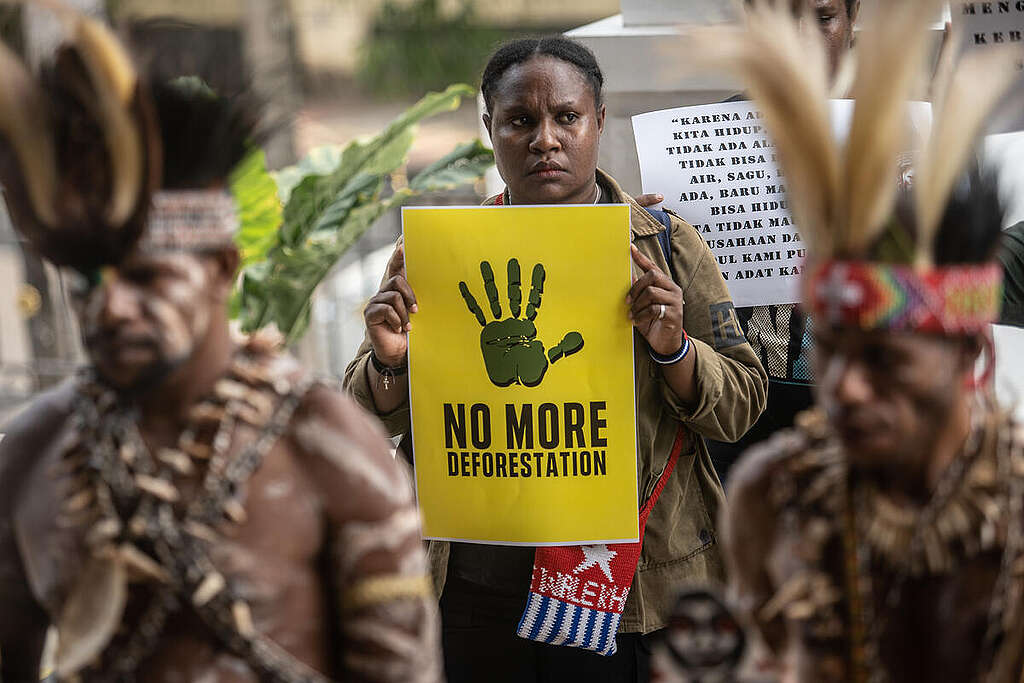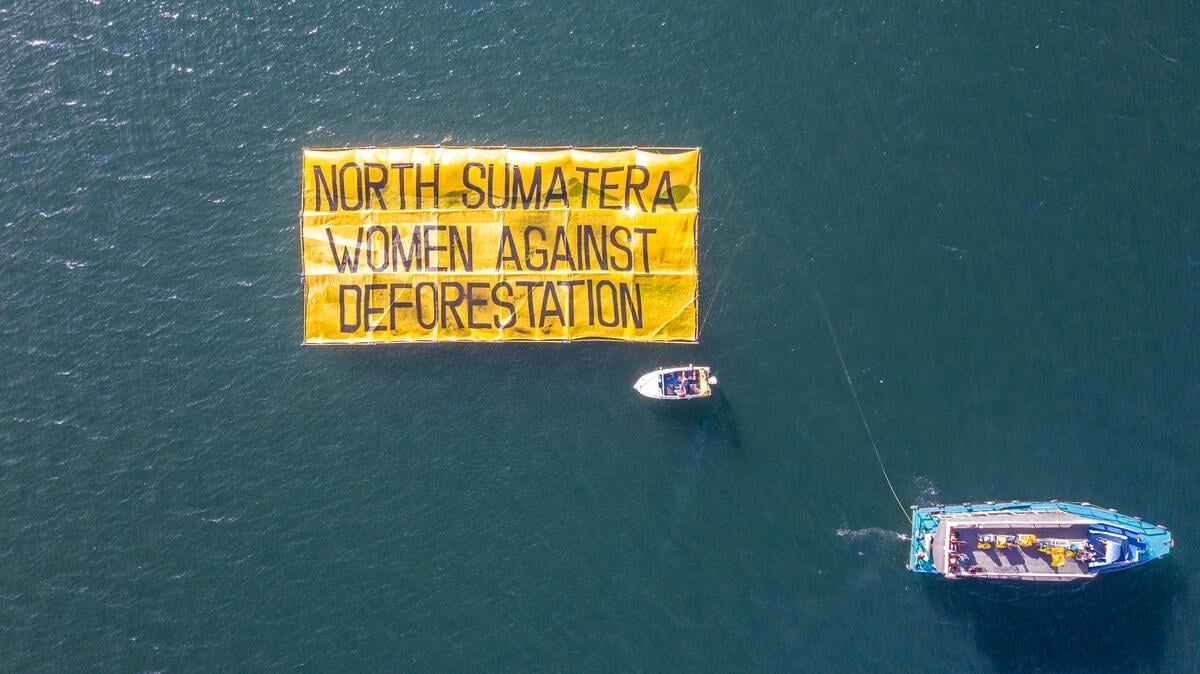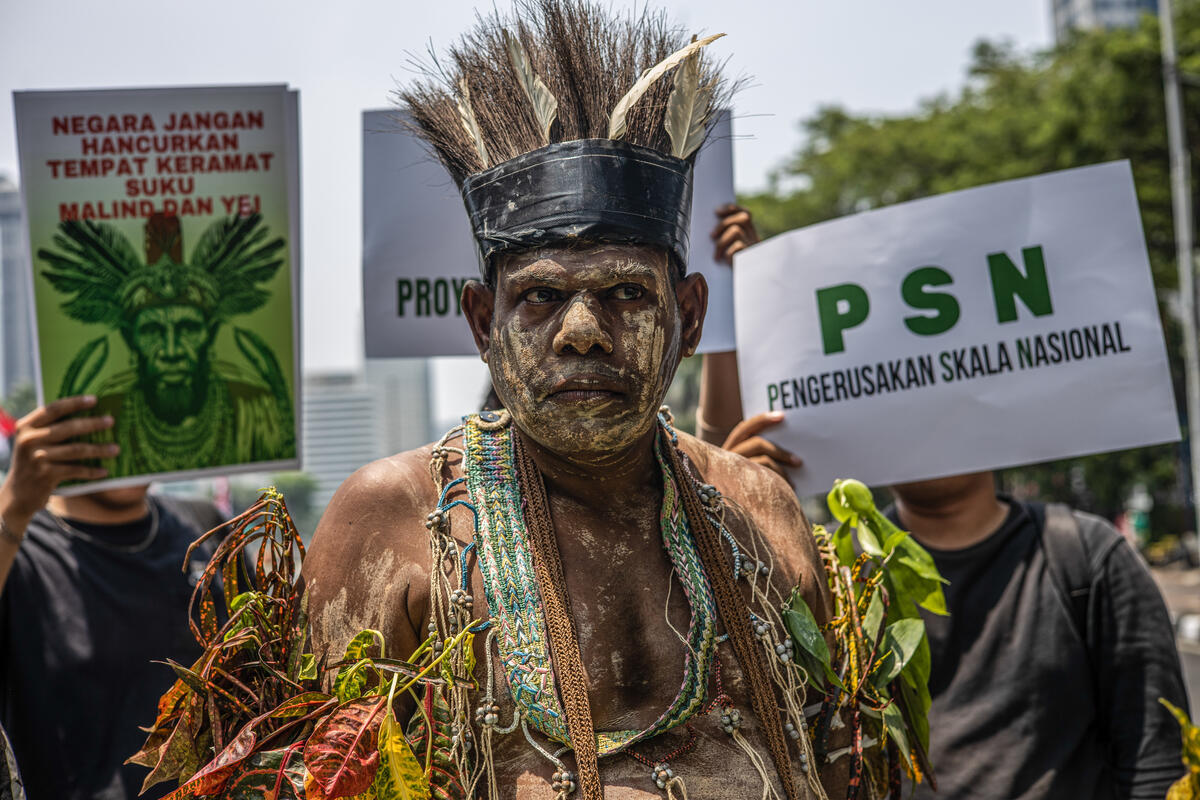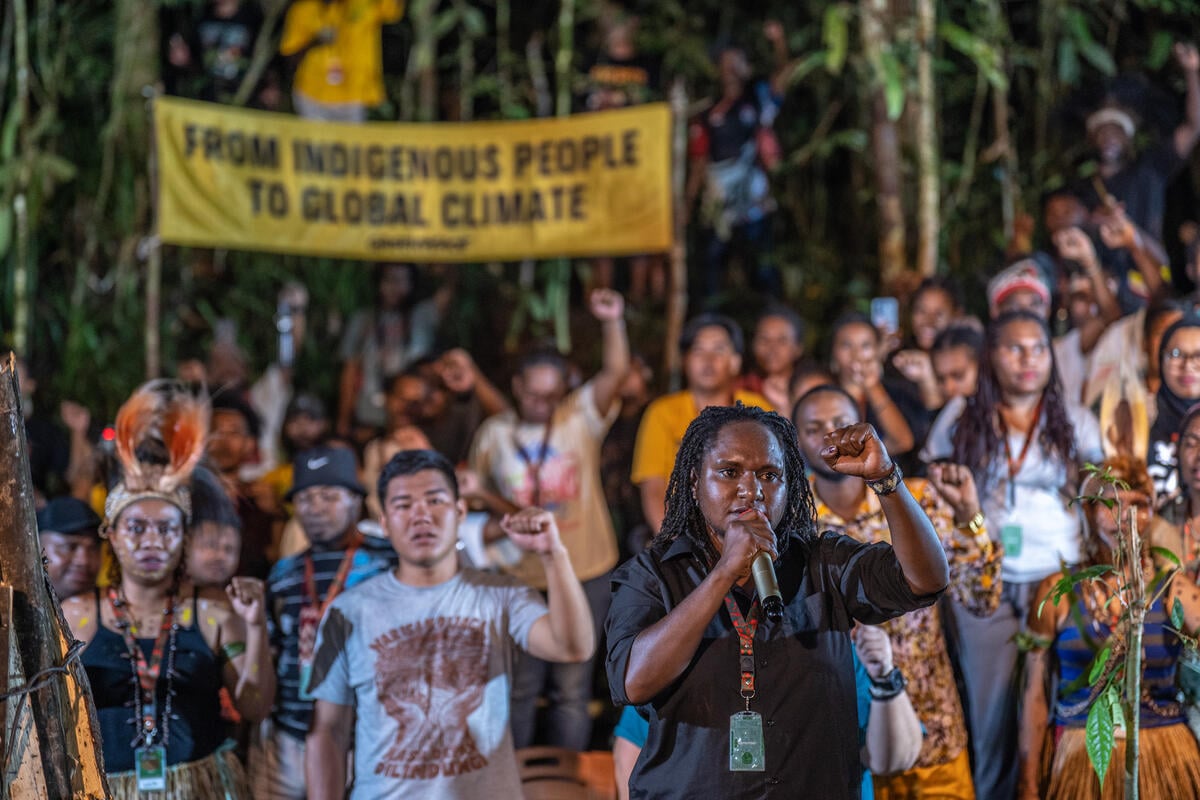It’s been five years since Indonesia ushered in a new policy requiring corporate beneficial ownership reporting. This was a brave step forward in promoting transparency, with great promise for improving natural resource governance.
How have companies done in fulfilling this new legal requirement, and how has the government done in enforcing compliance? Greenpeace Indonesia has analysed data released by the Ministry of Law and Human Rights, after companies and notaries were given a very reasonable period of several years with which to come to grips with the policy.
In our new report ‘Feigning Transparency: Beneficial Ownership Disclosure by Indonesian Palm Oil Corporations’ we have found that unfortunately, some companies have not complied with the new rules, and been allowed to get away with it. Worse still, we concluded that there are loopholes in this policy that allow corporations to legitimately continue to hide their ultimate beneficial owners.
The report analyses beneficial ownership reporting data from 1,204 companies in the natural resources sector, and provides three case studies going into detail on the quality of beneficial ownership information reported by three palm oil groups: DTK Opportunity Group, Digoel Agri Group, and FAP Agri Group. These case studies were chosen because together they illustrate the importance of the public’s right to know who is responsible for regulatory transgressions leading to environmental damage and community rights violations.

Indonesian oligarchs’ frequent use of nominee arrangements and secrecy jurisdictions violates this public interest and allows them to launder illegitimate profits. The Financial Action Task Force on Money Laundering, an international initiative launched by the G7, has identified this risk as particularly important in the context of Indonesia’s forestry and natural resources sectors.
Read the full report to find out more, including our recommendations on how to close the loopholes. (Also available in Indonesian.)



